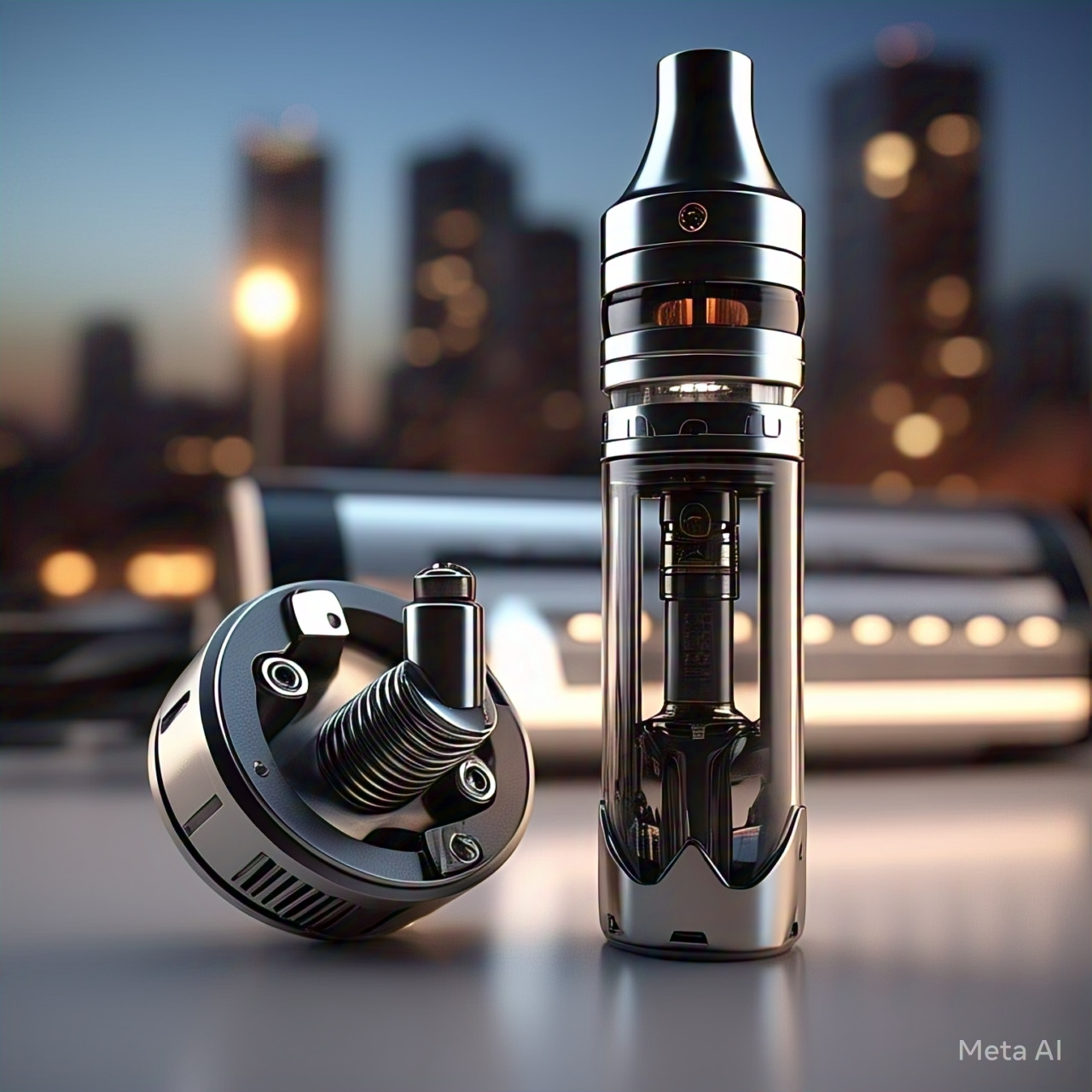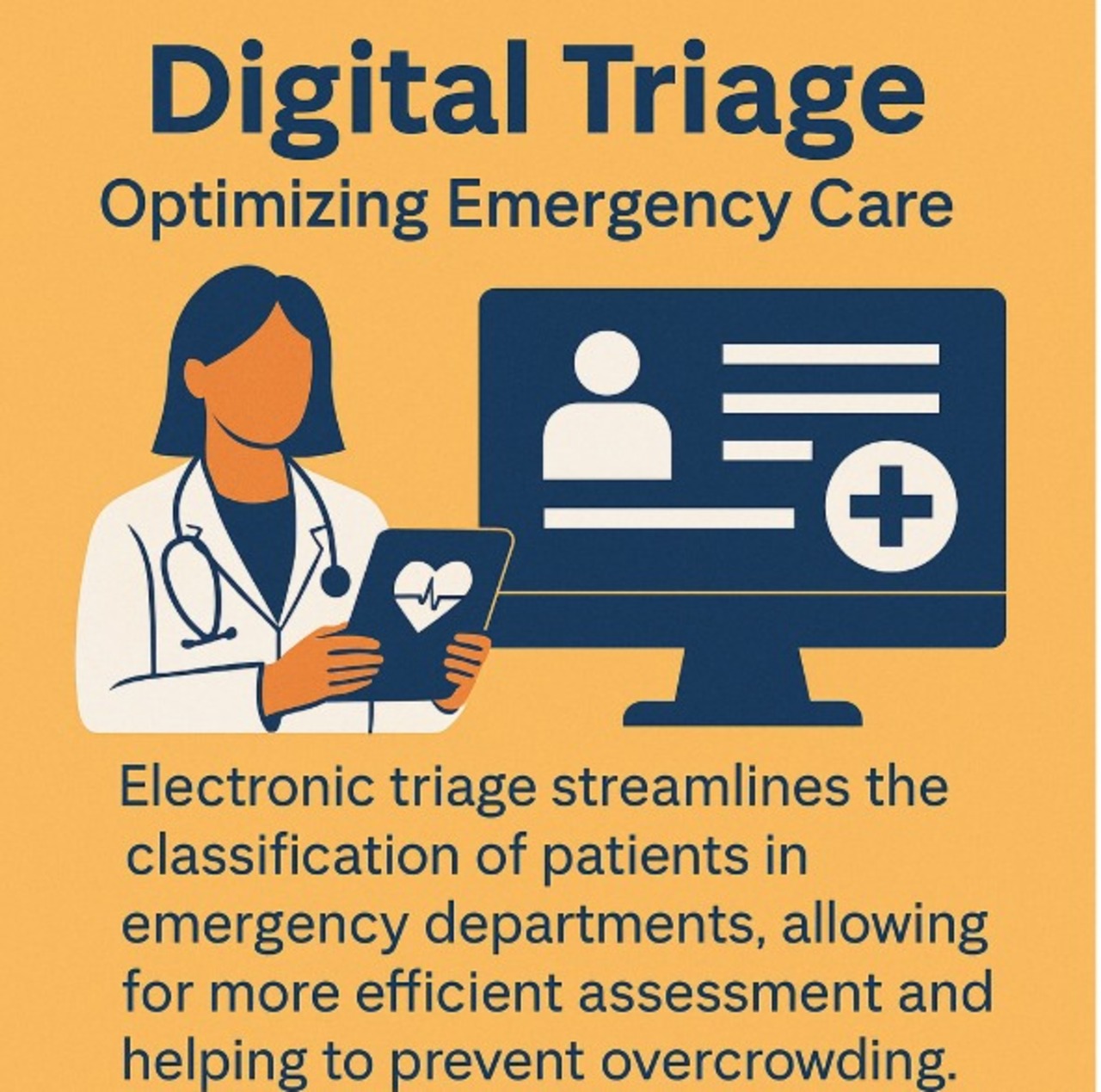
U.S. Supreme Court Backs FDA in Ban on E-Cigarettes for Minors
The U.S. Supreme Court backs the FDA in banning flavored e-cigarettes for minors.
A Victory for Public Health: Supreme Court Upholds FDA Ban on Flavored E-Cigarettes for Minors
In a historic decision, the United States Supreme Court has upheld the authority of the Food and Drug Administration (FDA) to maintain the ban on flavored e-cigarettes targeted at young audiences. This move marks a significant step in the fight against the growing youth vaping epidemic, which has raised alarms among health officials, parents, and educators nationwide.
According to recent data from the Centers for Disease Control and Prevention (CDC), over 1.6 million children and teens in the U.S. are active users of vaping products—most of them flavored with fruity, menthol, or candy-like aromas that are particularly appealing to youth. This trend is alarming not only because of nicotine addiction, but also due to the long-term effects these substances may have on the developing adolescent brain.
The case before the Court involved e-cigarette manufacturers challenging the FDA’s authority to regulate flavors, arguing that the measure stifled innovation and free-market principles. However, the ruling made it clear that public health—especially the health of minors—takes precedence over commercial interests.
This decision sets a key precedent. It strengthens the FDA’s role as a regulatory body and opens the door for future restrictions, which could include limitations on flashy packaging or marketing campaigns targeting minors. It also serves as a warning to the vaping industry, which in recent years has expanded rapidly with increasingly sophisticated products aimed at younger consumers.
Public health experts are hailing the move as a "turning point" in youth tobacco control. Nicotine, though less visible than traditional tobacco, remains a highly addictive and dangerous drug—especially to developing brains. Studies have linked frequent vaping to issues such as poor concentration, anxiety, and a higher likelihood of transitioning to regular cigarette smoking.
As the industry adapts to new regulations, authorities remain focused on educating parents, schools, and communities about the dangers of youth vaping. The Supreme Court’s decision is not the end, but rather the beginning of a legal and public health offensive aimed at protecting the next generation











LEAVE A COMMENT: